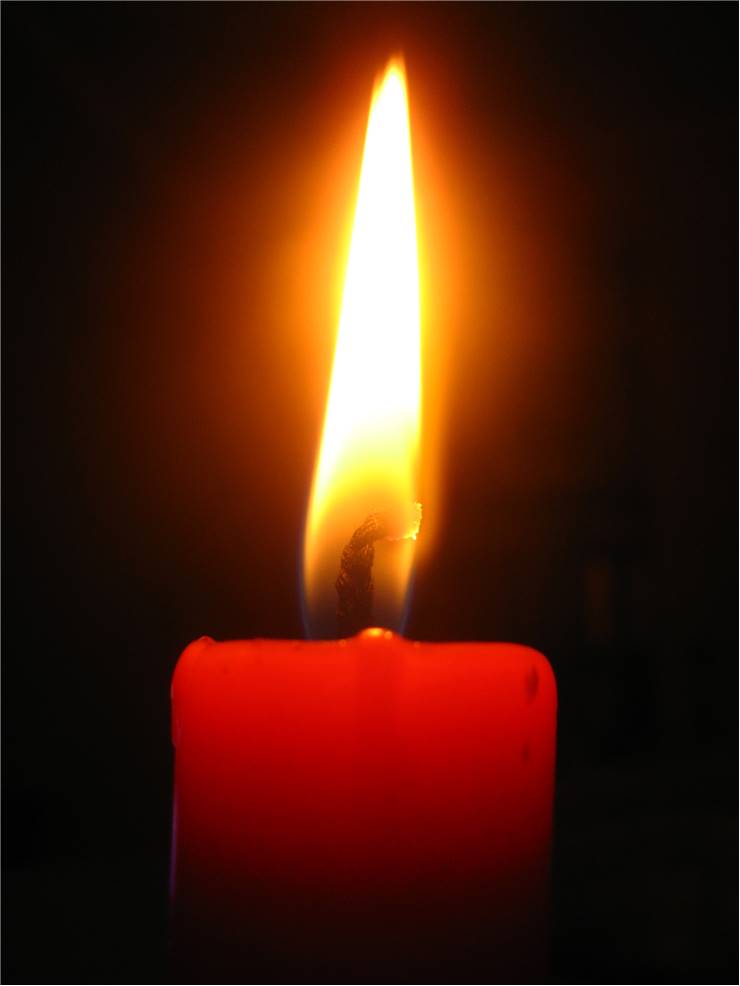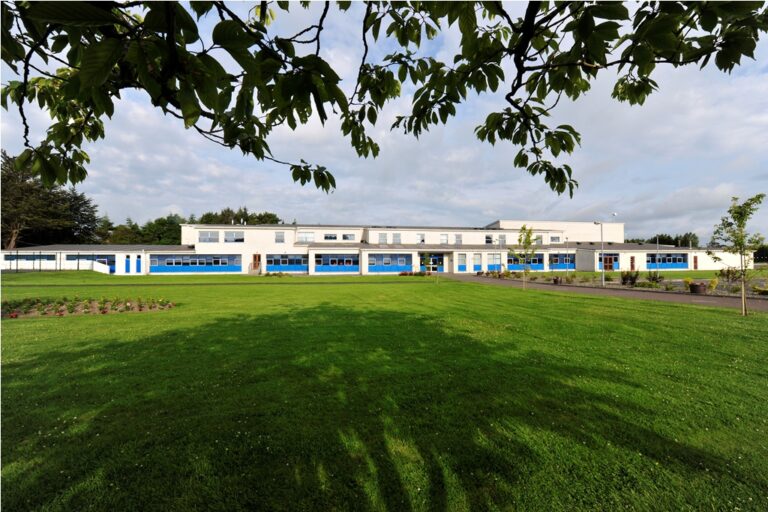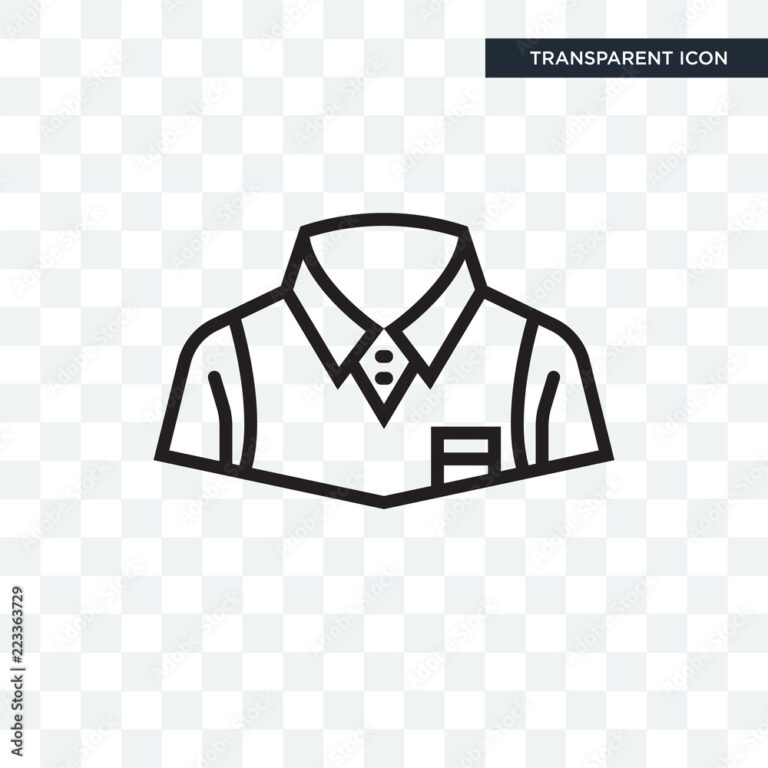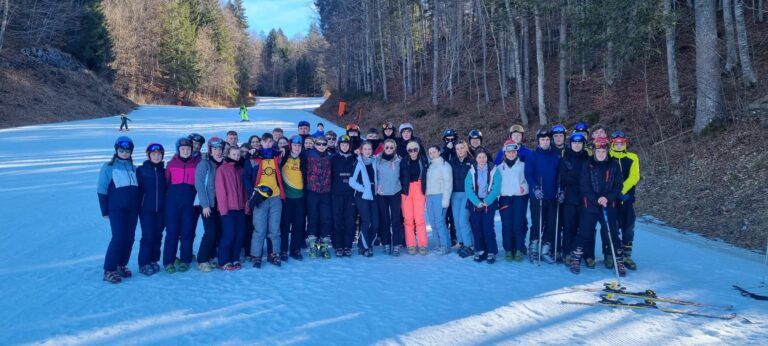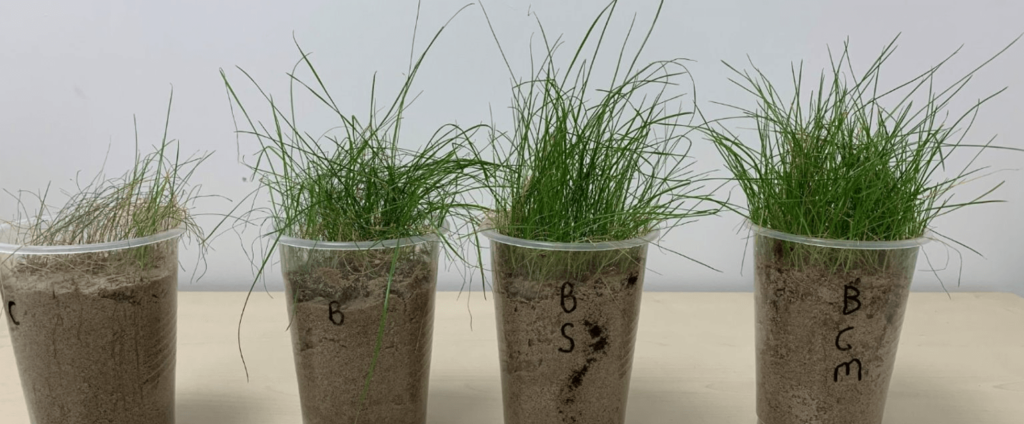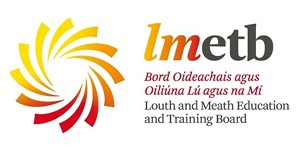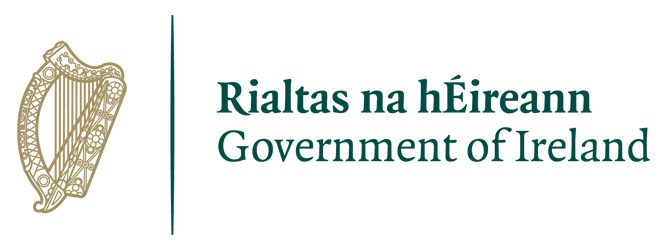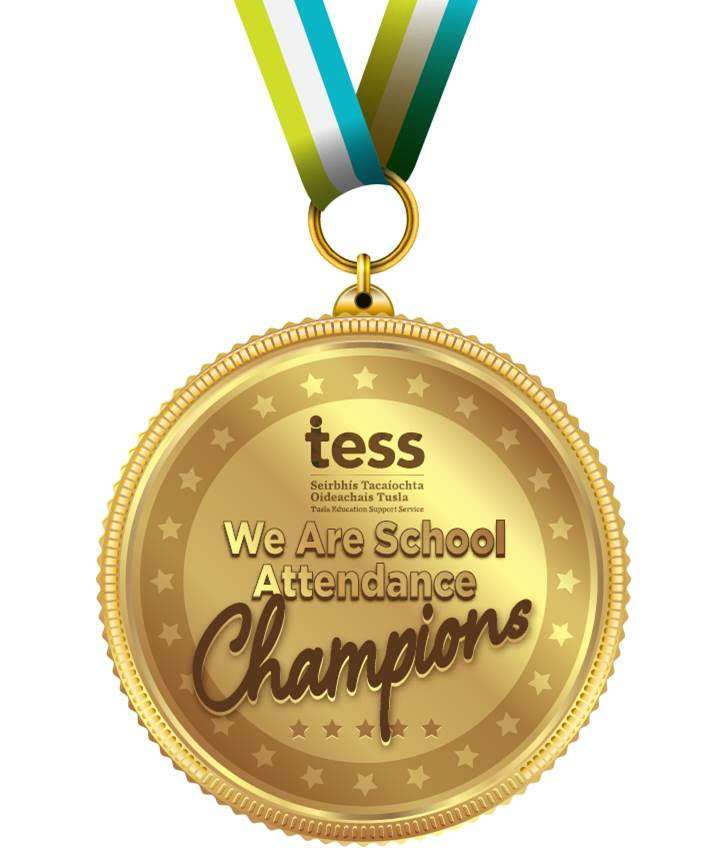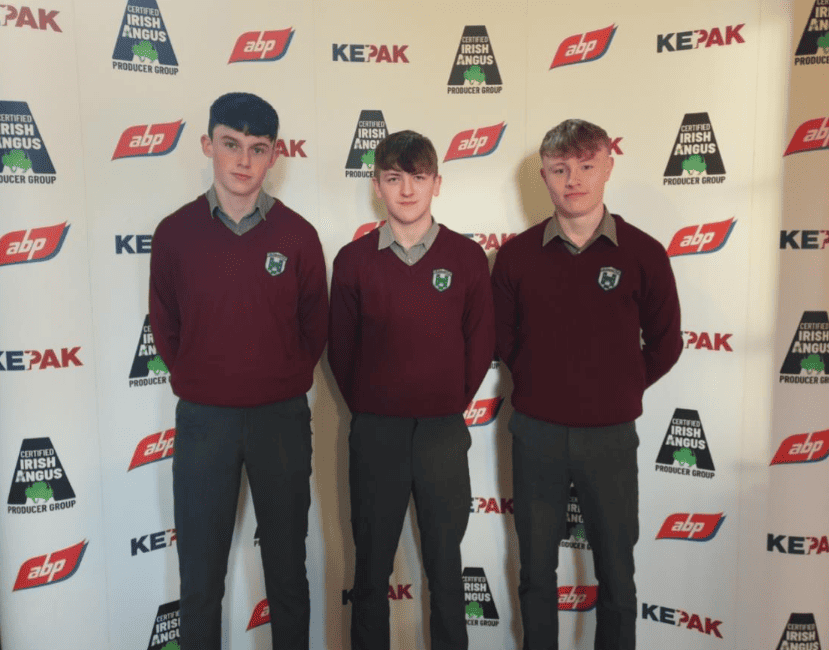
(l to R; Darragh Hennessy, Tom McCabe, Christopher Bough, missing Thomas Sheridan)
A group of St. Oliver PPS students from Oldcastle Co. Meath entered the ‘Certified Irish Angus School’s competition’. This is a nationwide competition that aims to educate second level students about the care and attention required to produce certified Irish Angus Beef while also inspiring students to consider the Irish- Agri food industry as a valuable career choice. ABP and Kepak are the main sponsors of the competition and as such their values with regards to production and promotion must be present in the entrant’s ideas.
When asked why they got involved students put it down to their interest in their Agricultural Science module. “At the start of Transition Year, we had a module in Agricultural Science. Our teacher Mrs. Crowe taught us about the importance of soil health and how a healthy soil is a living soil. We learned of the extent of soil degradation throughout our planet caused by our over reliance on chemical fertilisers and intensive farming methods. The worse our soil health gets the more chemicals we use to fix it, but this only works for the short term, we thought there must be another way?”
Mrs. Crowe invited members from the class to enter the competition, at the time we were unsure about what we were getting into and had no concrete idea, but we signed up anyway. Fortunately for us we had a trip to the ploughing championships. It’s here we came across a tent that was promoting the addition of bacteria and fungi to the soil as means of improving soil health in terms of soil structure, fertility, Carbon storage and biodiversity.
Here we were presented with a French product, ‘Sobac’ that could be spread like a fertiliser and have long lasting effects. Helping farmers to further reduce their need for chemical fertilisers and in turn reducing our GHG emissions. We had our idea.
To enter stage one, we had to make a short video outlining our idea. We did this with the help of local farmer John McEnroe. John produces Angus beef without the use of chemical fertiliser and had experience of the use of bacteria on his own farm. It was a dry sunny day when we made the recording, and the quality of his Angus cattle is clear to be seen in the video. There were roughly about 120 –130 video entrants. From this about 72 schools were selected to go through to stage two.
Stage two was the interview stage. In preparation for this we contacted Tom Stapleton from Sobac and explained to him our interest in adding bacteria and fungi to the soil and invited him to our school so we could learn more on the topic. From this meeting Sobac agreed to sponsor us and have offered to supply us with as many tonnes of ‘Bacteriosol’ as we need to carry out our investigation (if we make it to the final stages). As this is our investigation and we cannot show any bias the company will have no influence in the trials but will merely supply us and be available for any technical support. We were confident going into the interview and had time to grow grass seed in sand pots comparing growth with added bacteria and growth without bacteria. The results were amazing, and you could see an immediate difference in colour, density and root development.
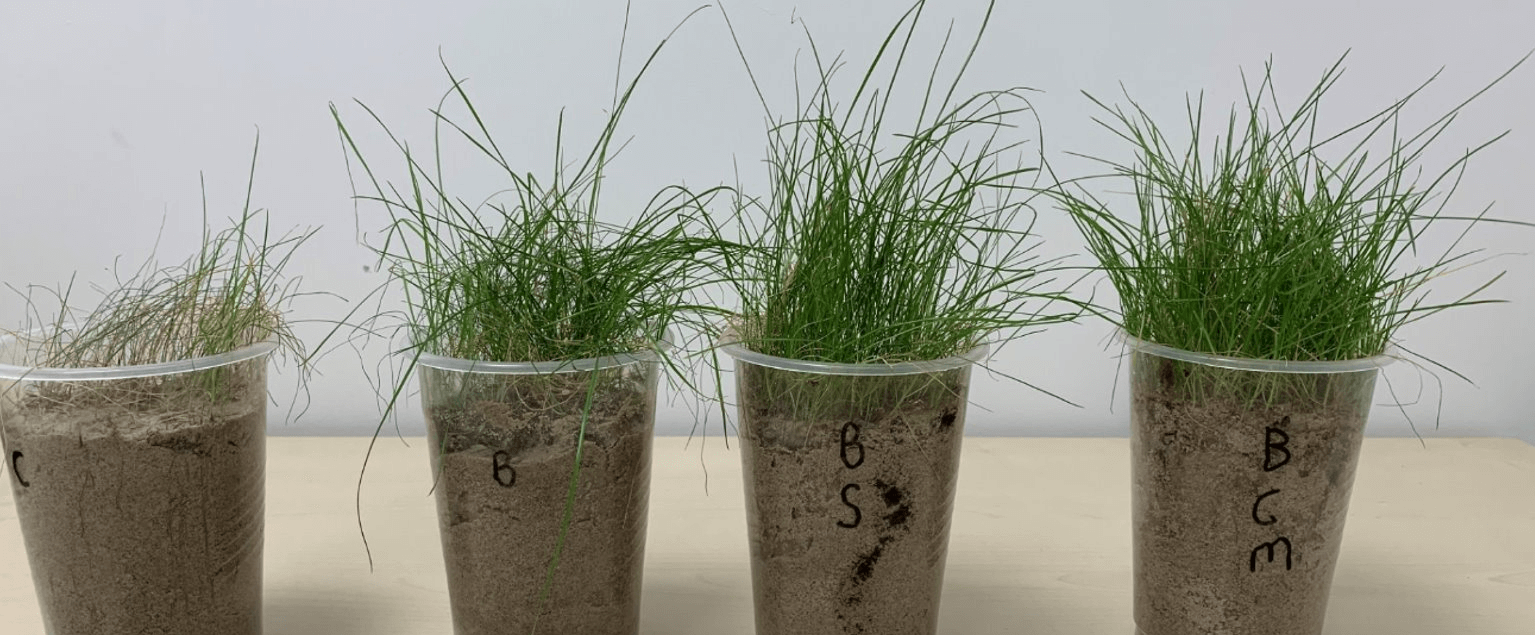
We explained our idea to the interviewers which was comprised of a member of ‘Certified Irish Angus, ABP and Kepak. If we are successful in getting to stage three and winning five angus calves, we plan to rear them on Darragh’s dairy farm. The calves will be split into two groups. One group will graze grass only spread with bacteriosol no chemical fertilisers and group two will graze land spread with chemical fertilisers. We will record their LWG every two weeks. This investigation would begin at the start of 5th year September 2024 and end in our final year of school 2025. Based on all our research and secondary data we have predicted that the LWG will be equal to if not greater than the LWG of the calves grazing on chemical fertilisers. This is a win- win situation for everybody. Even if the LWG is the same we have hit all three pillars of sustainability. Economic sustainability seen in the reduction of money spent on chemical fertilisers, environmental sustainability seen in the reduction of GHG emissions due to less fertiliser and increased soil health and biodiversity and social sustainability seen in improvements of quality of life for the farmer with more money in his pocket and good quality produce. This investigation also holds true to ABP and Kepak as both companies are committed to achieving UN Sustainability goals of a 25% reduction in GHG’s from the agricultural industry by 2030.
The competition doesn’t end there in our interview we also had to present how we intend to inform our local farming community of our idea and its link to the sustainability goals of abp and kepak. From this we have decided to host an information night at our school. We are currently in the early stages and have invited guest speakers from certified Irish angus, Sobac and a climate change expert. Our hopes are to hold this in early February. If all our work has been good enough and we make it to stage three in Croke park on the 1st of March, we will use findings from this information night to further our project. If we don’t make it, we still think the information night is important for our community and we hope to gain the expert knowledge we need to move forward as a progressive farming community.
We have had a great experience so far and would love the opportunity to get to Croke Park and be in with a chance of winning 5 angus calves. We never knew there was so much in the soil beneath our feet. If we ‘re unsuccessful our knowledge will come in handy for leaving cert Ag and it has opened our eyes to jobs available in the Agri area. We would recommend other students to take part.

